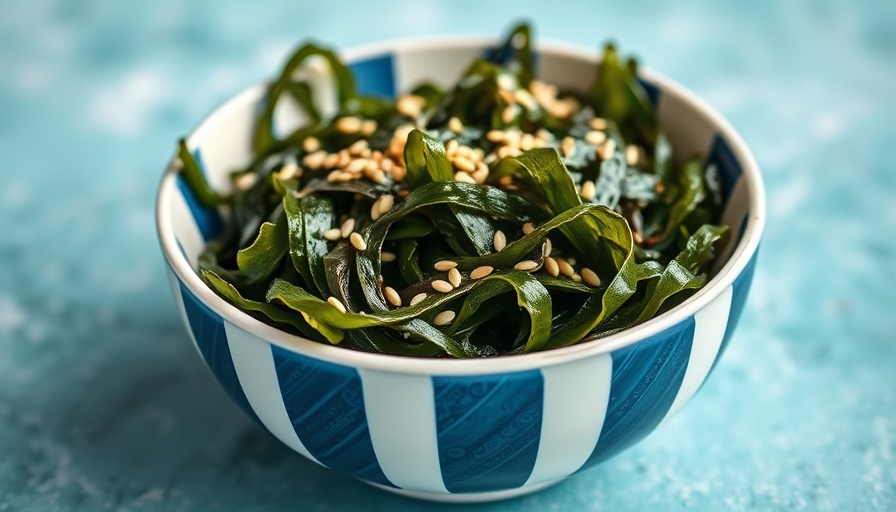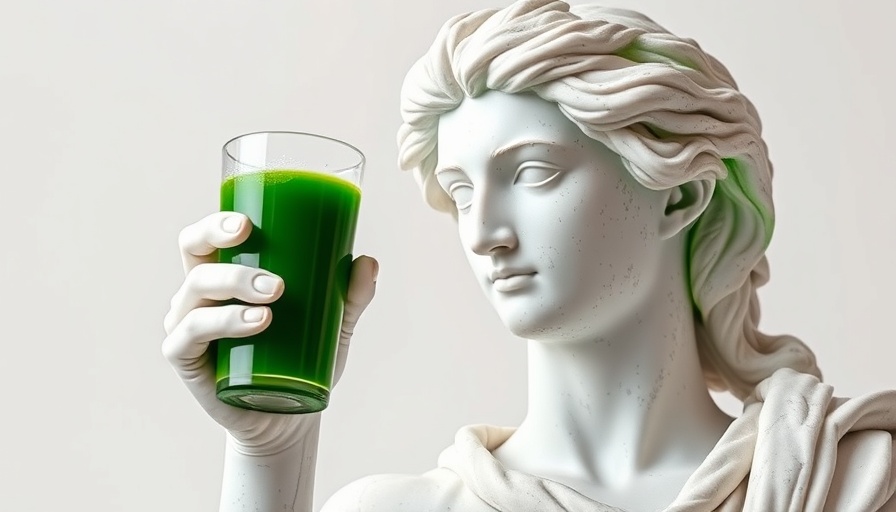
why iodine is crucial for your health
Iodine might be one of the most neglected nutrients in your diet, yet it plays a critical role in maintaining a healthy thyroid and overall metabolism. With iodine deficiencies prevalent in some populations, knowing where to find adequate sources is more important than ever.
the milk myth
Many people believe dairy is a reliable source of iodine. In the U.S., dairy milk provides about 25% to 50% of the recommended daily allowance, but there's a catch: the iodine content comes largely from disinfectants used during milking. Cow teats are treated with iodine disinfectants, and what leaches into the milk is not a natural source of this essential nutrient. Thus, relying solely on dairy might not be the smartest move for your iodine needs.
the soy debate
Plant-based milks often lack iodine, primarily because they aren't fortified. While fortified soy milk emerges as a better alternative, the fear surrounding soy’s effect on thyroid function persists. The concern originated decades ago from studies on rats and raw soy. Yet, for decades, people in Asia have consumed soy products with no significant negative effects on thyroid health. The bottom line? If your thyroid is functioning normally, moderate soy consumption is unlikely to cause problems.
checking your salt intake
If you’re reaching for table salt as your iodine source, think again. Only about 53% of salt marketed for home use is iodized, and most processed foods aren't beneficial either. Here's a startling fact: dietary salt is responsible for more deaths globally than any other dietary risk factor. That's right, even more than not eating your vegetables! Instead of adding excess salt to your diet, consider more natural iodine sources.
sea vegetables: nature's iodine powerhouse
For those looking to amp up their iodine intake, sea vegetables are hands-down the best option. Varieties like nori, dulse, or arame can provide levels of iodine that exceed the recommended daily allowance by huge margins. A single gram of seaweed can deliver up to nearly 2,000% of your daily needs! This means that your sushi roll might just be the iodine boost you've been missing.
caution: iodine overdose
However, indulging indiscriminately in seaweed carries risks. Some varieties, particularly kelp, contain extremely high iodine levels and can lead to hyperthyroidism if consumed in excess. A case study revealed a woman experiencing racing heartbeats and anxiety from consuming just two kelp tablets a day. Moderation is key.
the vegan challenge
Vegans may struggle with iodine intake more than omnivores. Studies show that average urinary iodine levels in vegans are lower compared to other dietary groups. If you're on a plant-based diet, consider diversifying your sources of iodine through the careful addition of iodized salt or seaweed while ensuring you're monitoring your intake effectively.
think critically about your diet
The narrative around iodine and its sources is muddled and often misunderstood. Whether you’re a meat-lover or a staunch vegan, awareness of iodine sources is crucial for your health. Ensure your diet consciously incorporates foods that can help you meet your iodine requirements, and understand the implications of what you choose to consume.
 Add Row
Add Row  Add
Add 




Write A Comment